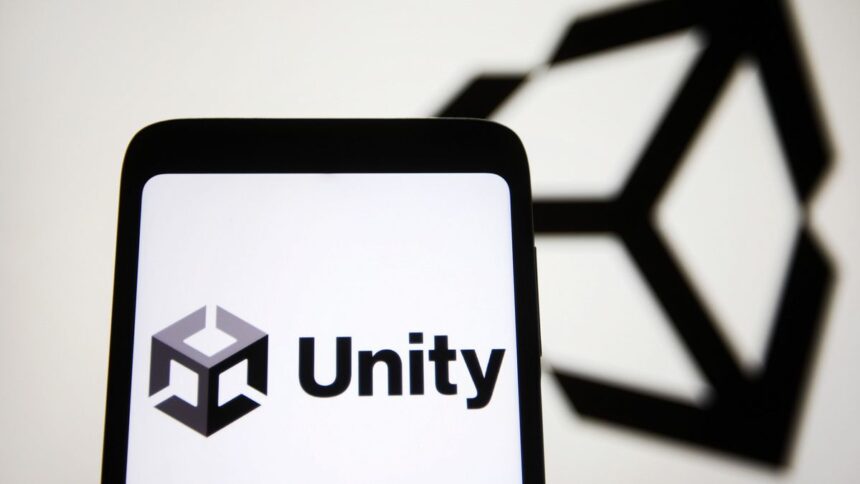A yr after saying a brand new “Runtime Payment” pricing scheme that outraged giant swaths of the sport growth neighborhood and finally led to the resignation of then-CEO John Riccitiello, Unity has determined that it was really a nasty thought in hindsight, and so it is cancelling the entire thing.
“After deep session with our neighborhood, prospects, and companions, we’ve made the choice to cancel the Runtime Payment for our video games prospects, efficient instantly,” CEO Matt Bromberg wrote in immediately’s announcement. “Non-gaming business prospects aren’t impacted by this modification.
“I’ve been in a position to join with a lot of you over the past three months, and I’ve heard time and time once more that you really want a robust Unity, and perceive that value will increase are a mandatory a part of what permits us to put money into transferring gaming ahead. However these will increase needn’t are available in a novel and controversial new type. We need to ship worth at a good value in the best means in order that you’ll proceed to really feel snug constructing what you are promoting over the long run with Unity as your associate.”
Consequently, Unity is reverting to a “extra conventional cycle” of contemplating pricing adjustments solely on an annual foundation; if the phrases of use change in future releases, customers shall be free to proceed utilizing their present model of the software program beneath the present phrases.
The “novel and controversial” pricing scheme Bromberg talked about was a 2023 plan—”an astonishing scumbag transfer,” within the phrases of Tactical Breach Wizards developer Tom Francis—to cost builders a payment each time a sport was put in after it had handed minimal income and set up rely thresholds. This angered sport devs for just a few causes: The monetary hit and potential for abuse have been apparent points, however a good larger downside for some was the whole lack of reality arising from the way in which Unity arbitrarily imposed the pricing adjustments.
“Even when they reversed this 100%, the harm is completed. You can’t belief a associate who will alter the deal after it’s finished,” Gloomwood developer Dillon Rogers tweeted. Completely Correct Battle Simulator studio Landfall stated the change, “with none type of opt-in or consent from builders,” represented “an enormous breach of belief.”
Unity rapidly apologized and made adjustments to the Runtime Payment that addressed the most important complaints, and Riccitiello fell on his sword a pair weeks later. Not lengthy after that Unty put roughly 1,800 individuals out of labor as a part of what it known as a “firm reset”—not due to the Runtime Payment fiasco particularly, however just because the interim CEO, as CEOs do, determined that the easiest way to attain “progress” is to fireplace a bunch of individuals.
It was an unsightly time for Unity, and whereas the controversy has cooled (however not been forgotten: Mega Crit, for example, confirmed in April of this yr that regardless of having sunk greater than two years into constructing Slay the Spire 2 in Unity, it had switched to the open supply engine Godot and was not going again), Bromberg’s message is clearly as a lot a mea culpa as it’s a pricing change announcement.
“We’re assured that if we’re good companions and ship nice software program and providers, we’ve barely scratched the floor of what we are able to do collectively,” he wrote, tacitly acknowledging that Unity was not being associate when it fired up the Runtime Payment scheme.
Regardless of the controversy, Unity stays a well-liked engine—GDC’s 2024 State of the Sport Business survey put it neck-and-neck with Unreal Engine—and early response to the rollback appears principally optimistic, though some on Twitter are saying it is too little, too late—and naturally just a few are wryly noting that it took a yr of flailing round to get again to the place it began. That is enterprise, I suppose.








